Inside the Garmin-Transitions Service Course
Exclusive shots of the argyle army's Vuelta preparation
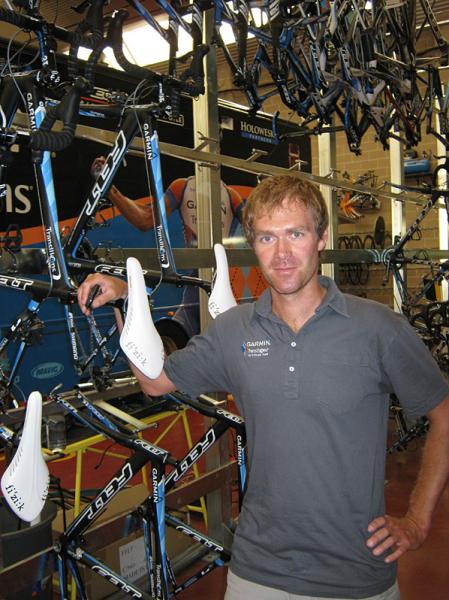
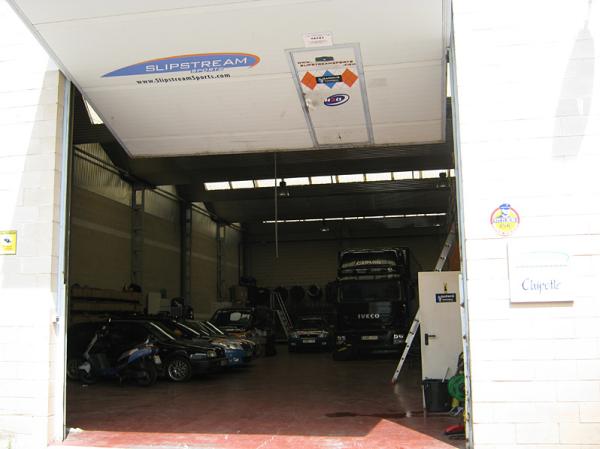
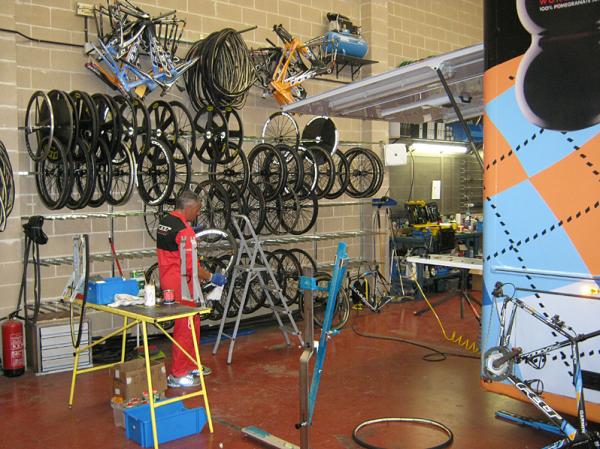
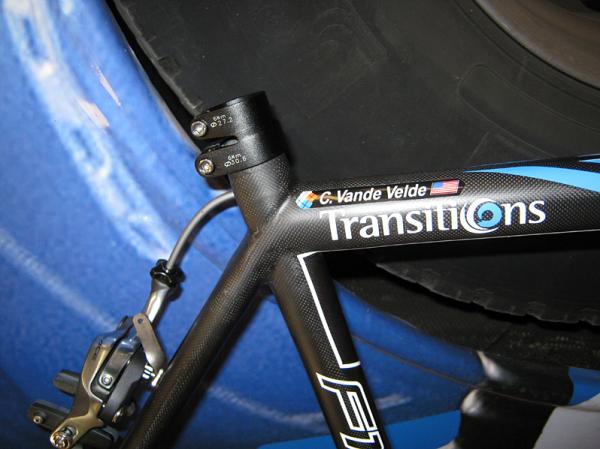
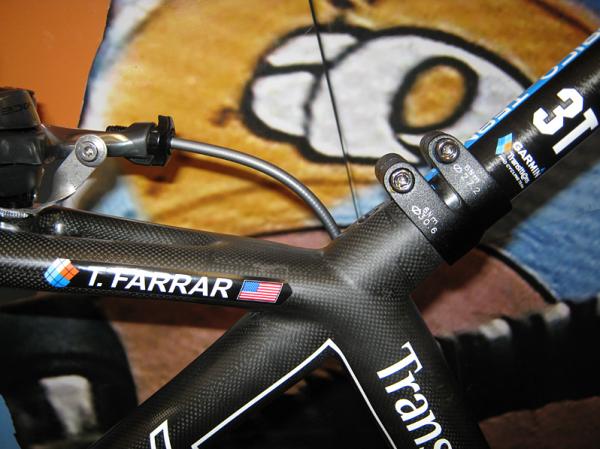
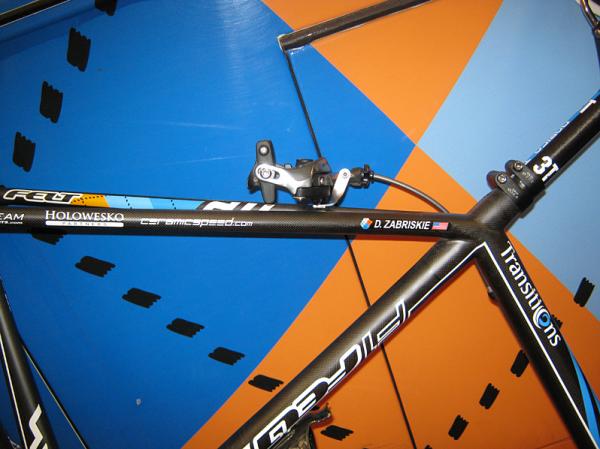
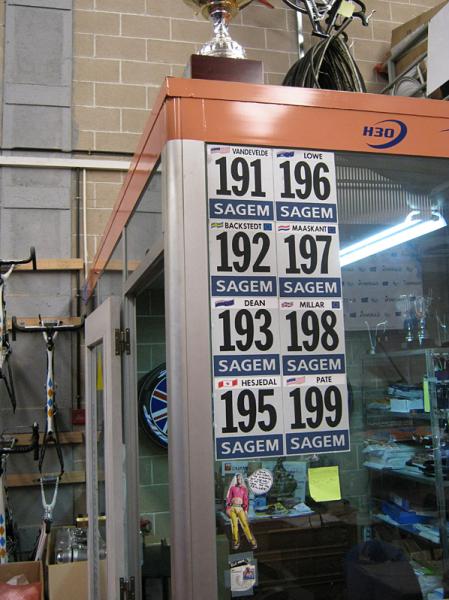
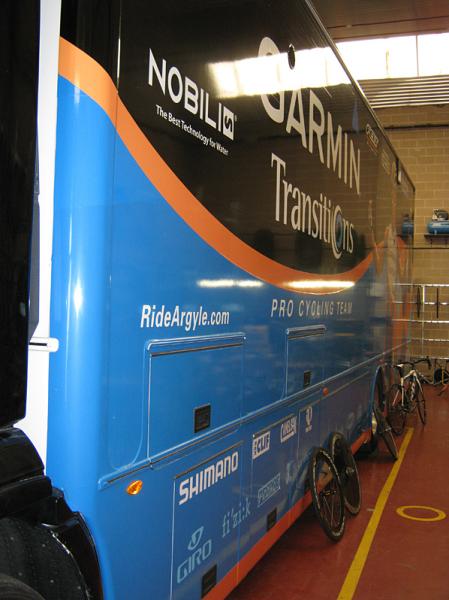
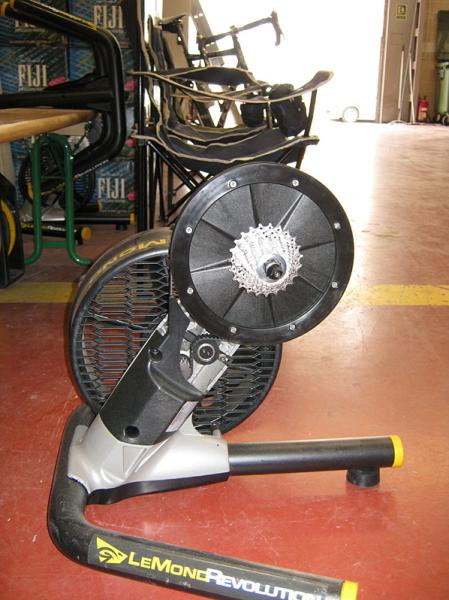
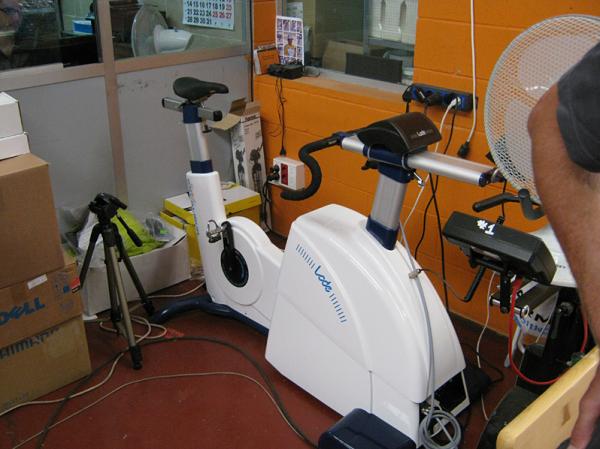
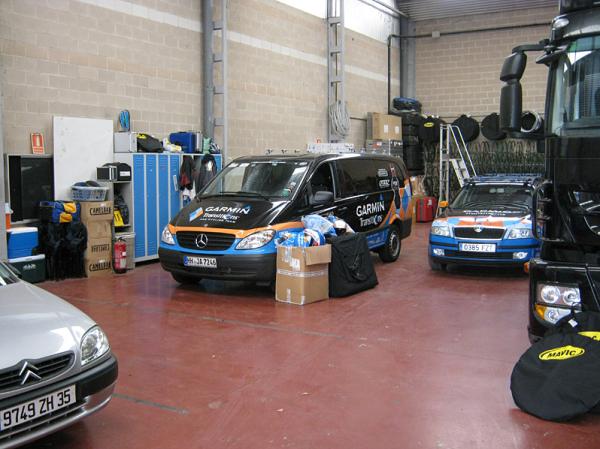
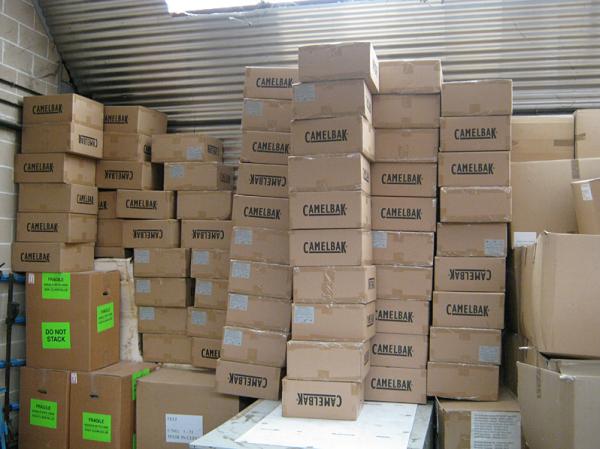
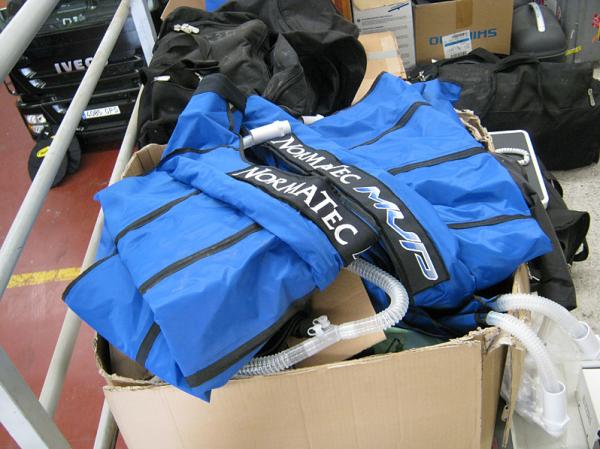
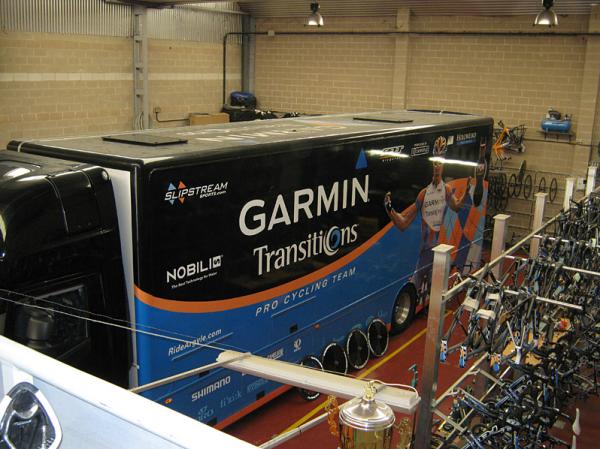
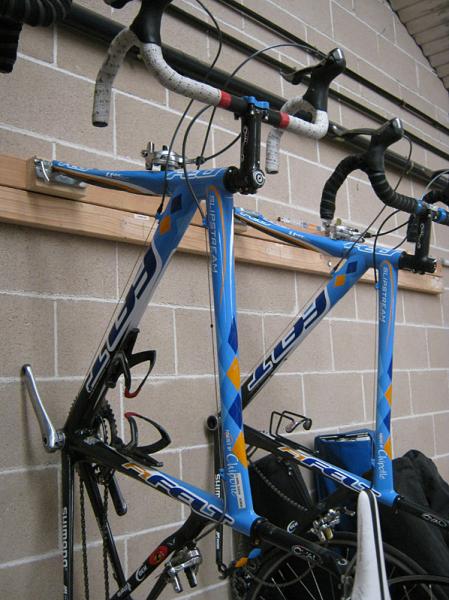
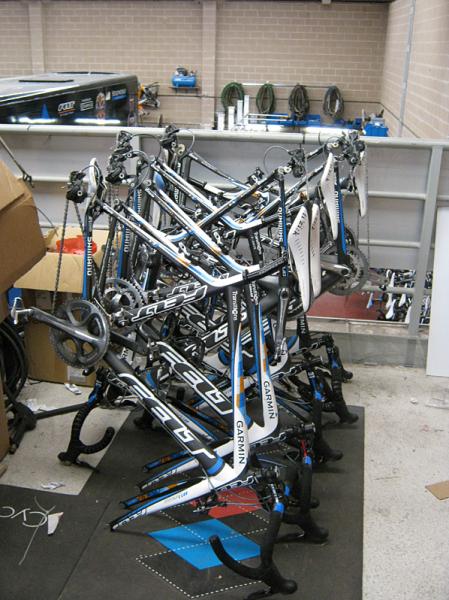
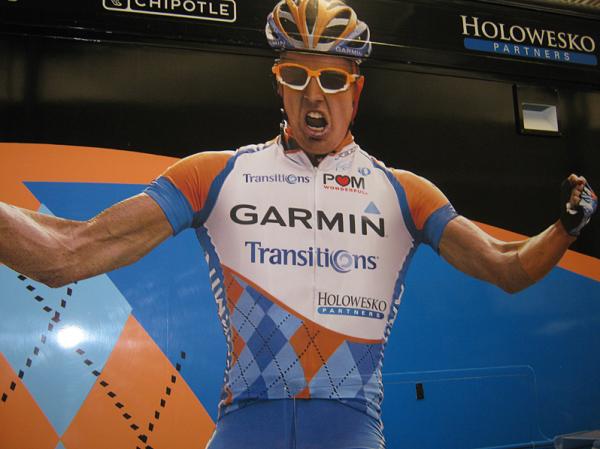
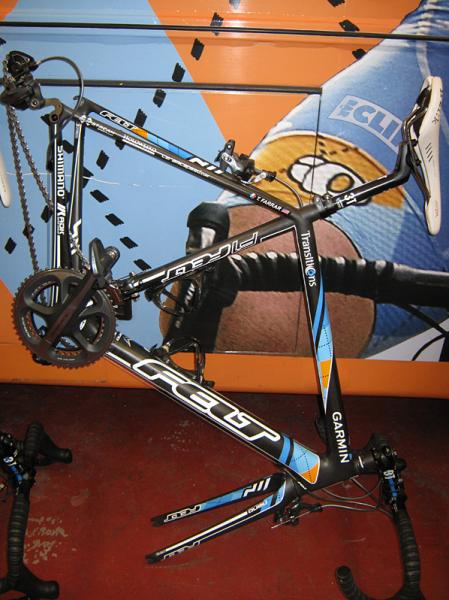
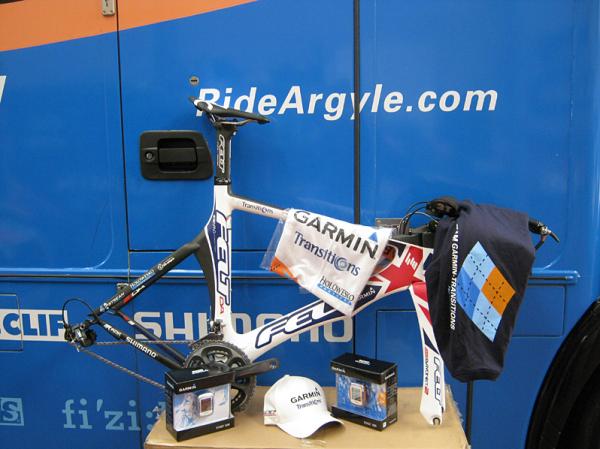
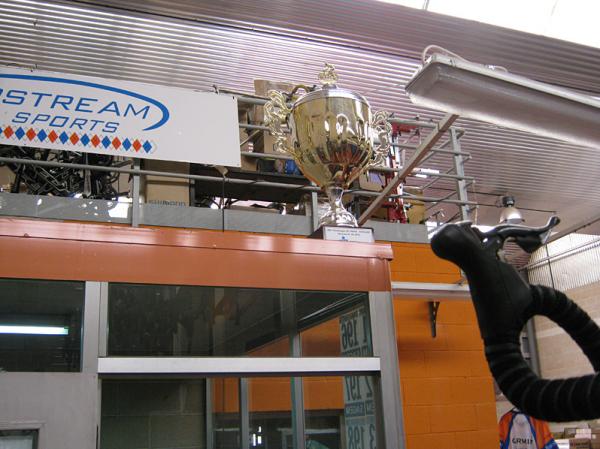
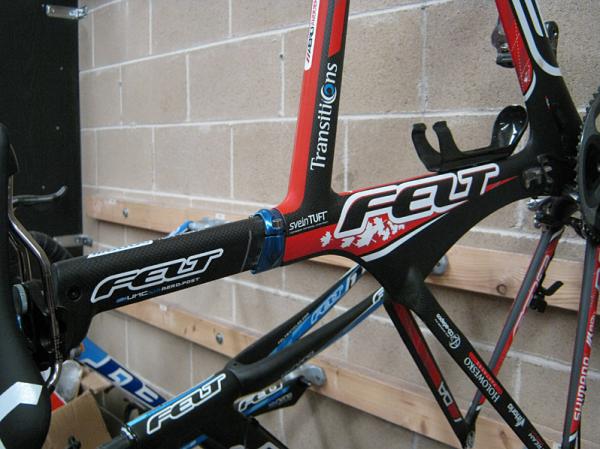
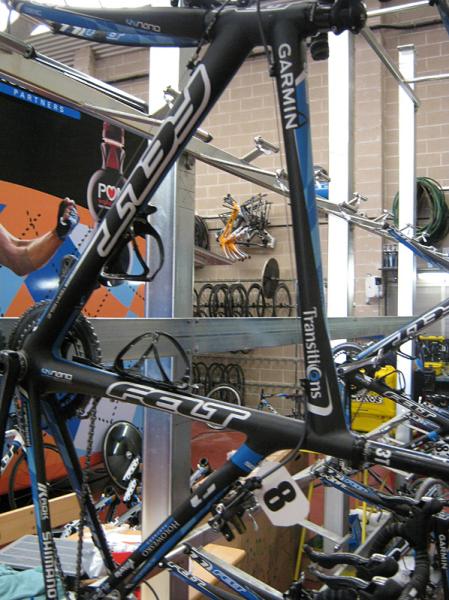
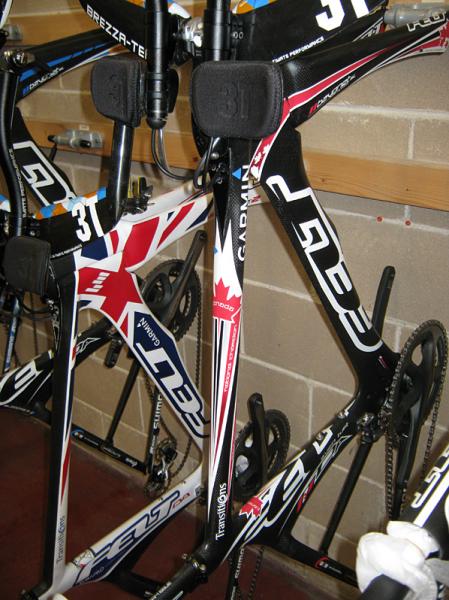
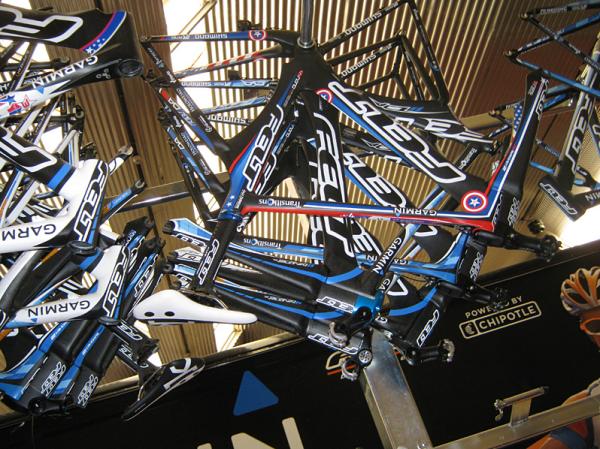
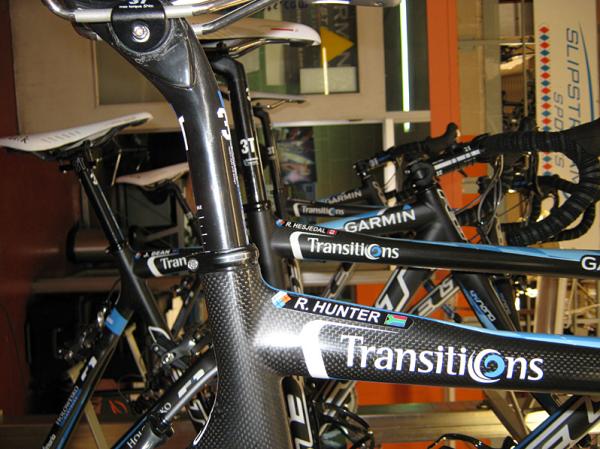
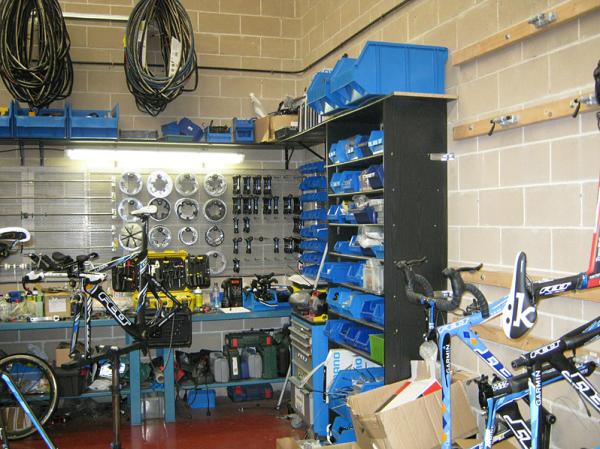
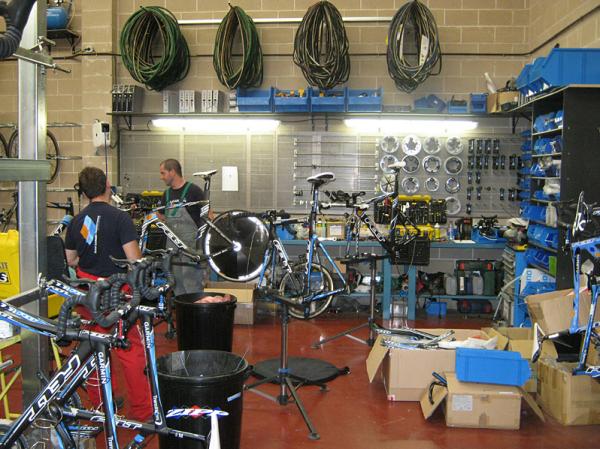

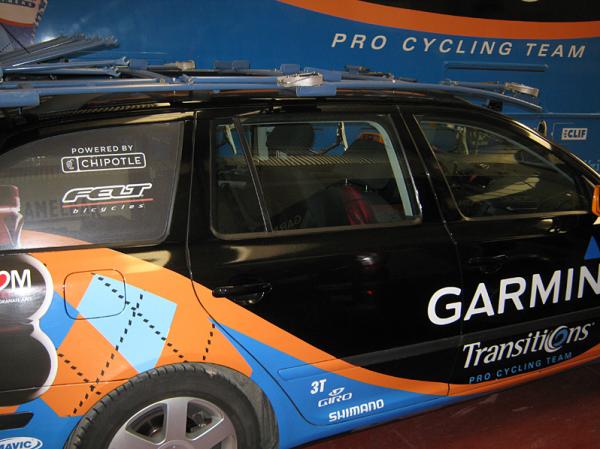
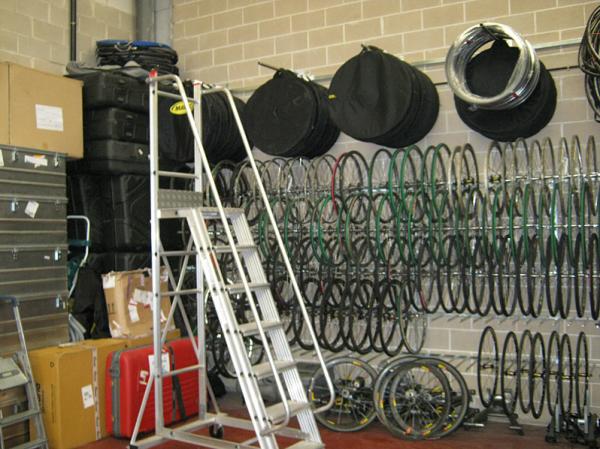
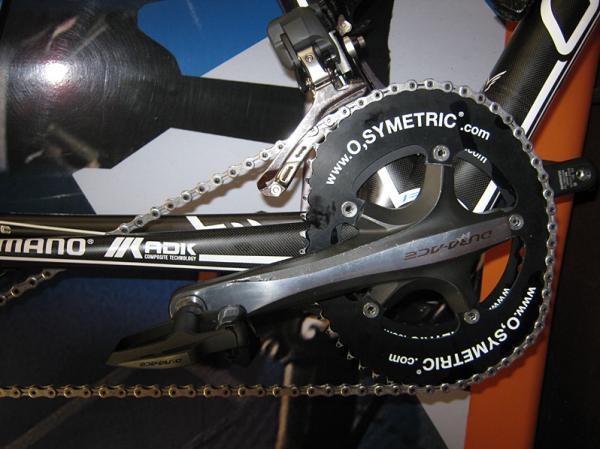
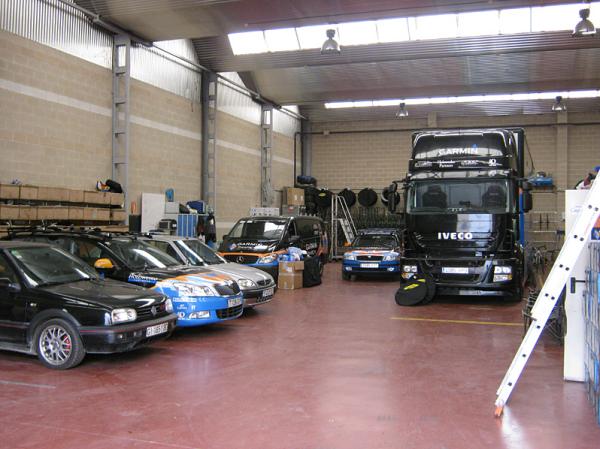
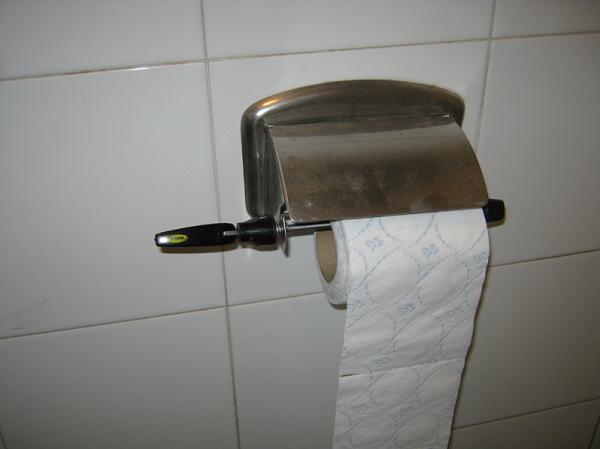
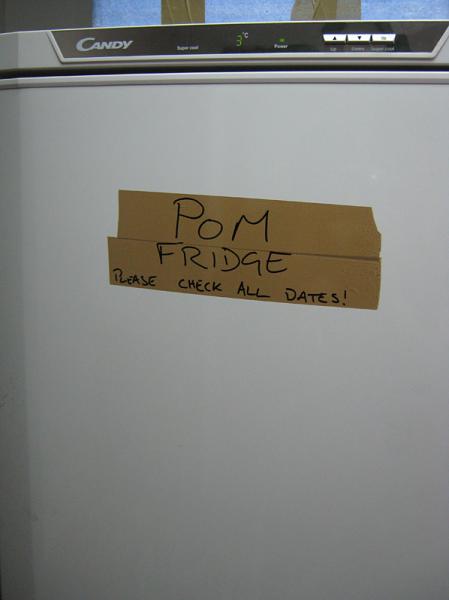
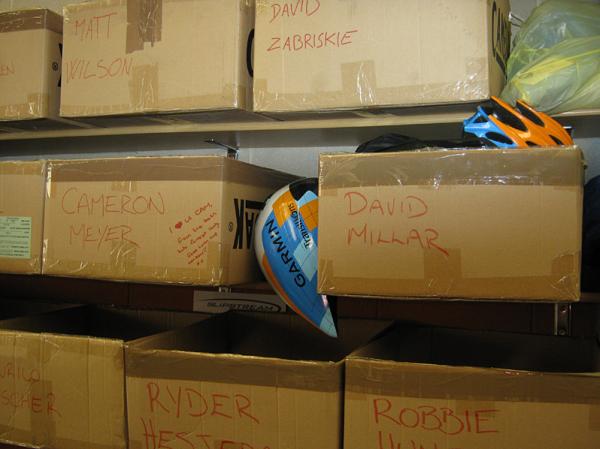
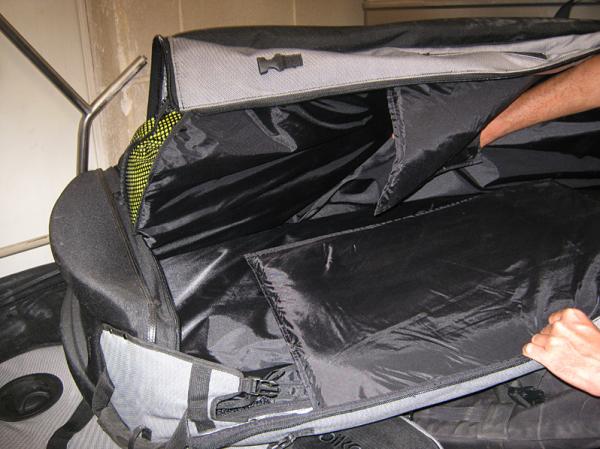
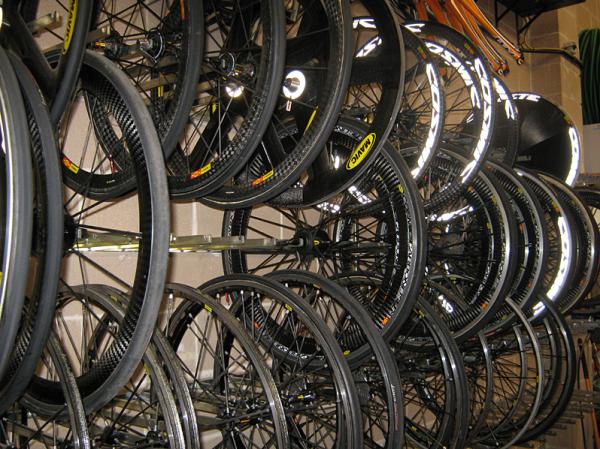
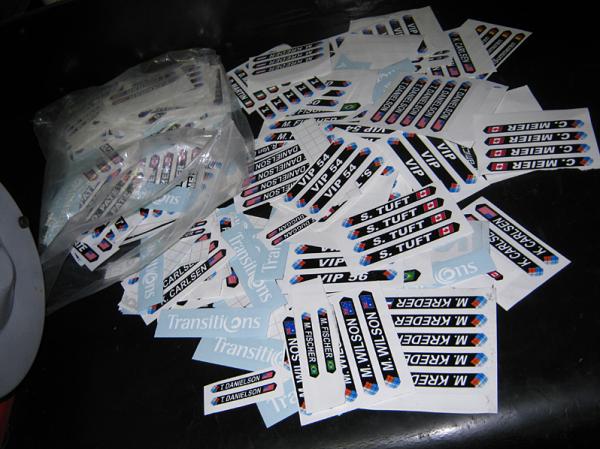
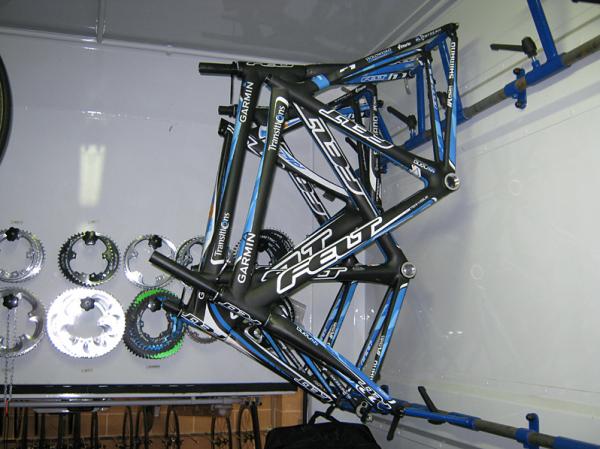
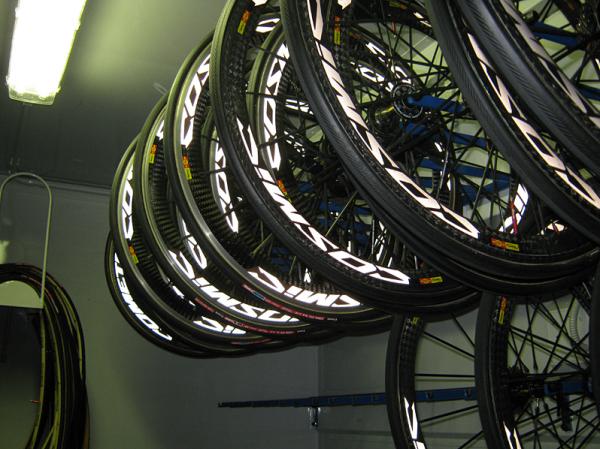
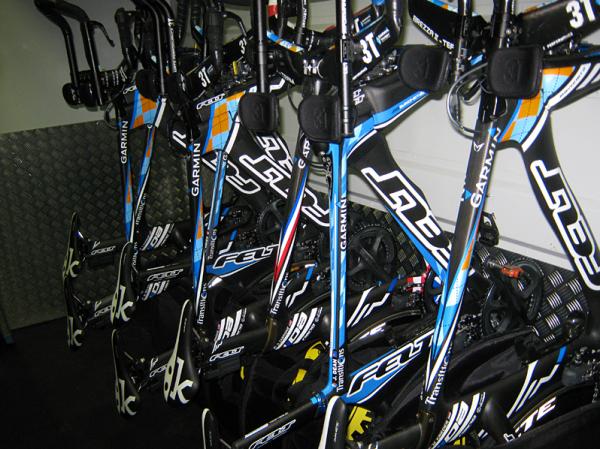
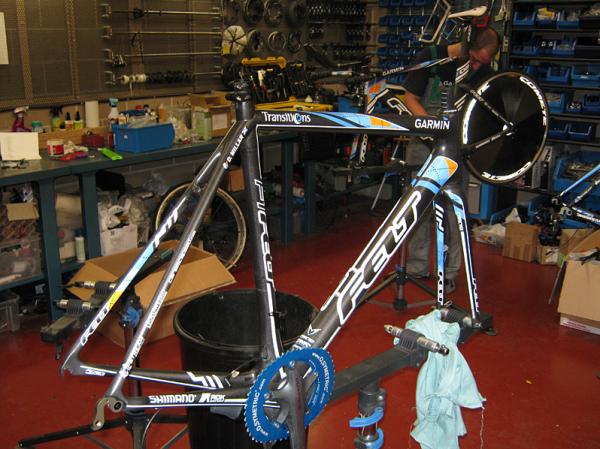
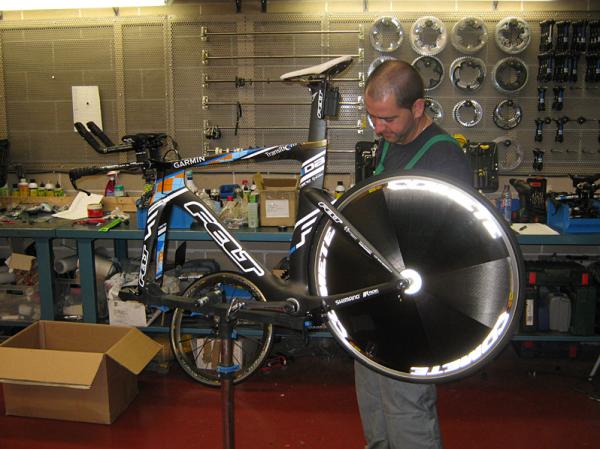
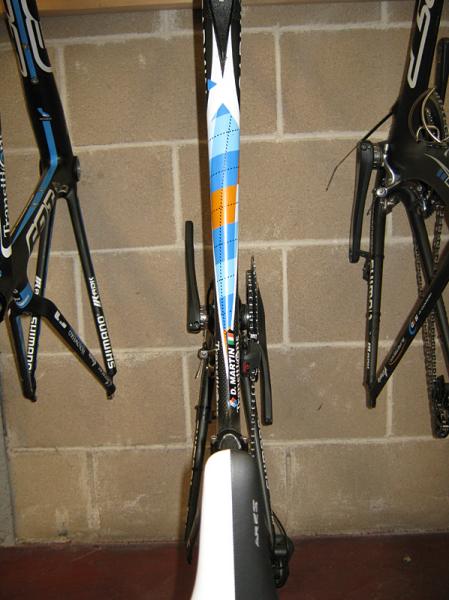
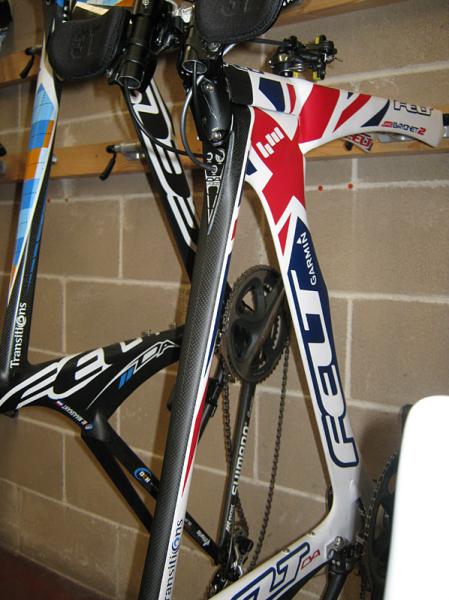
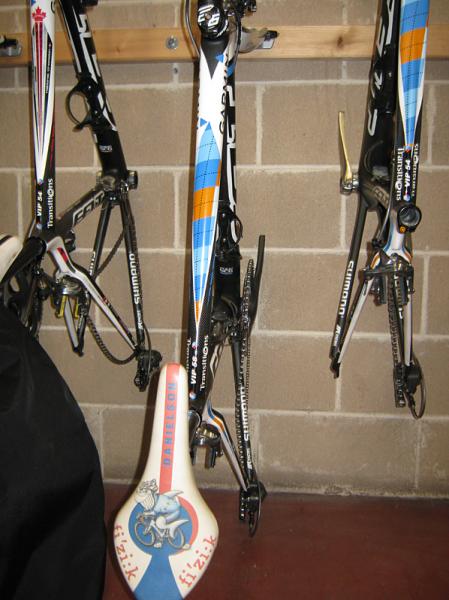
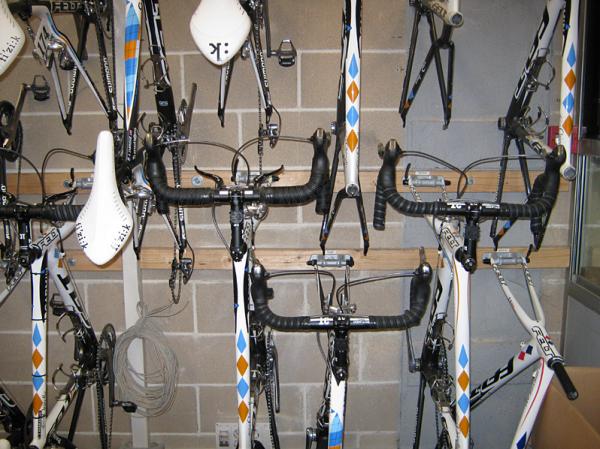
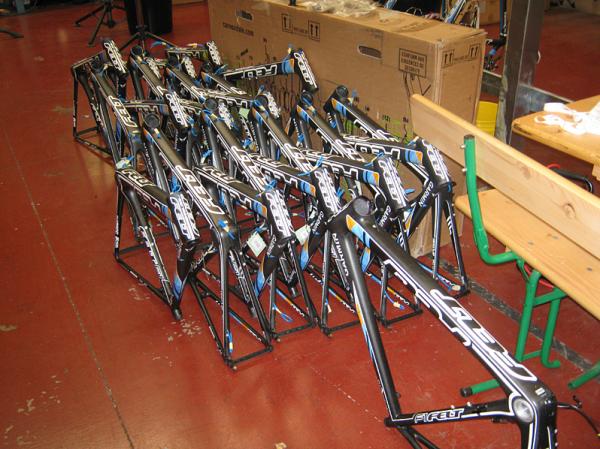
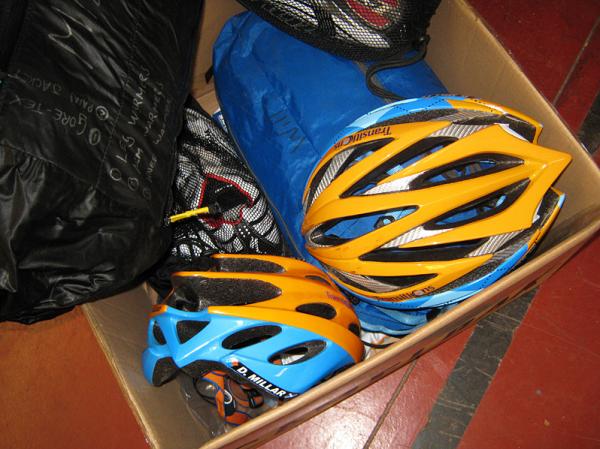
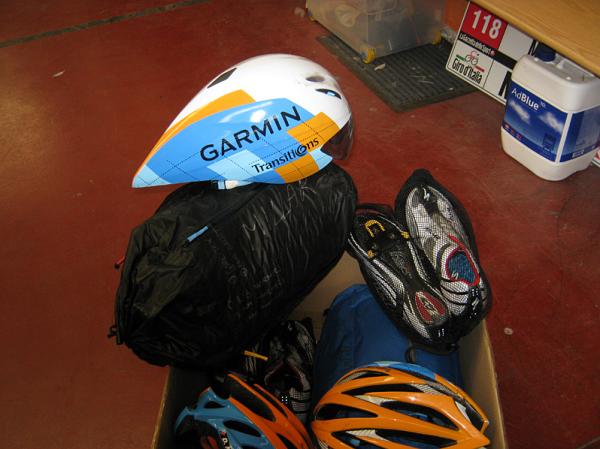
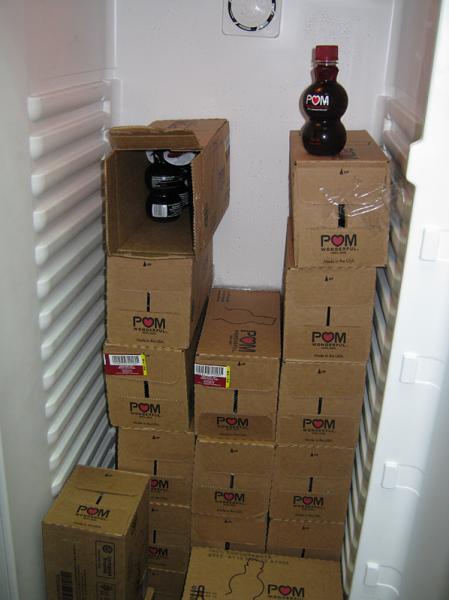
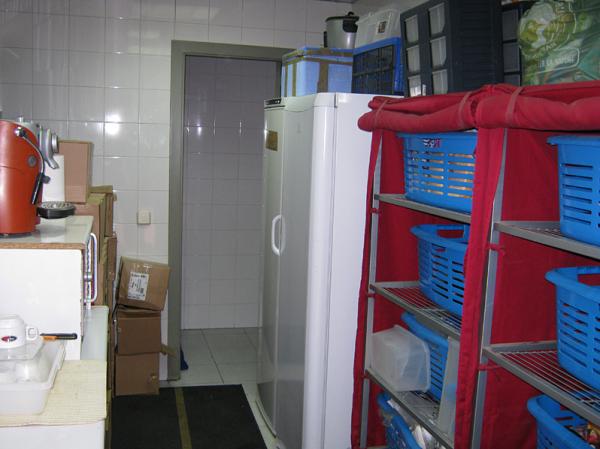
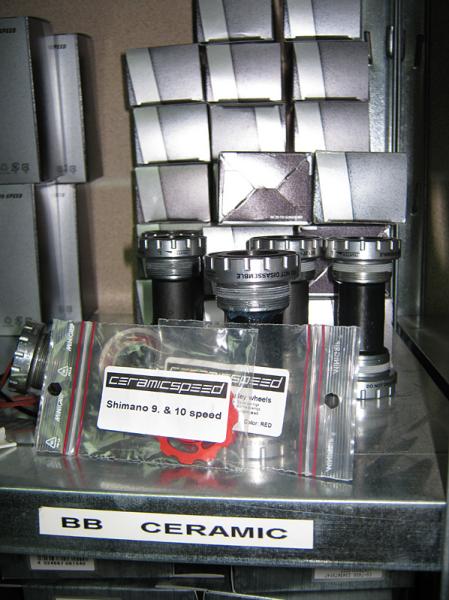
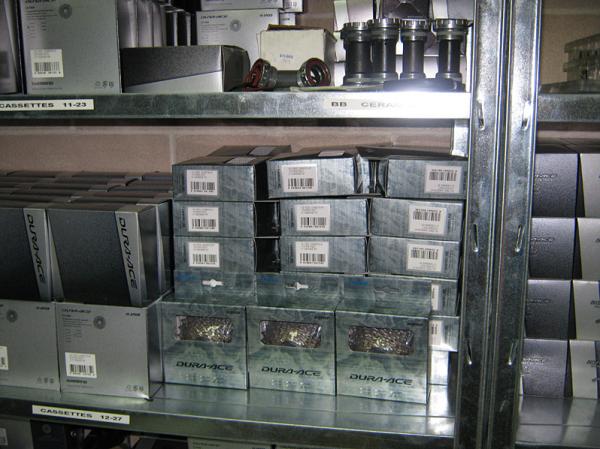
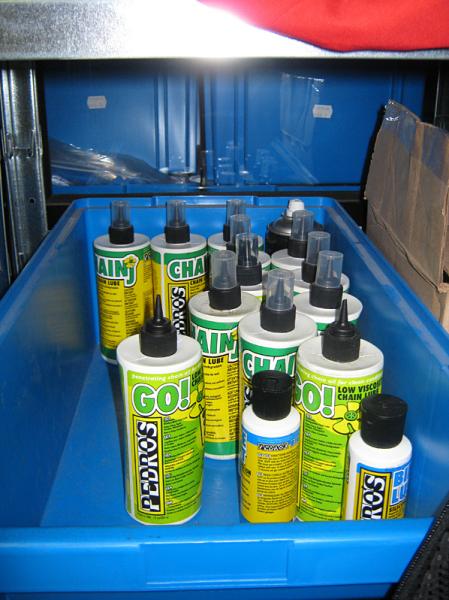
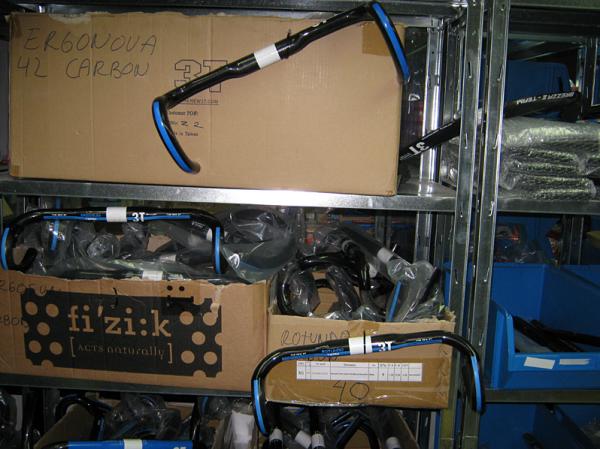
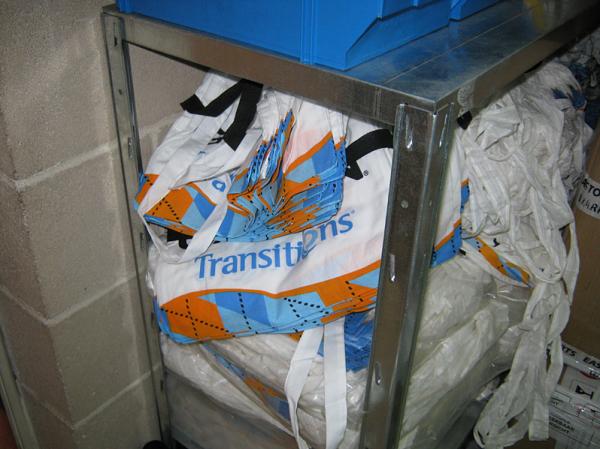
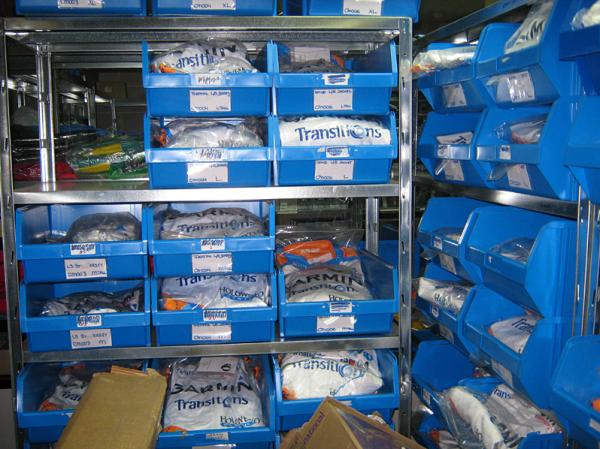
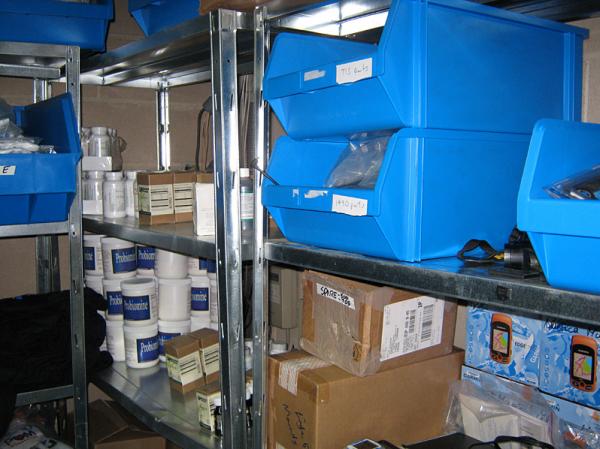
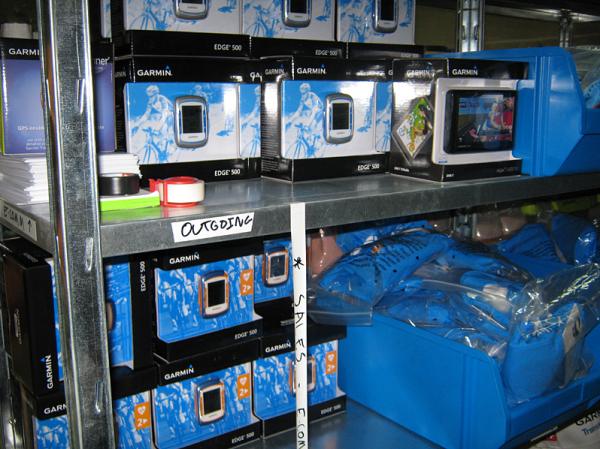
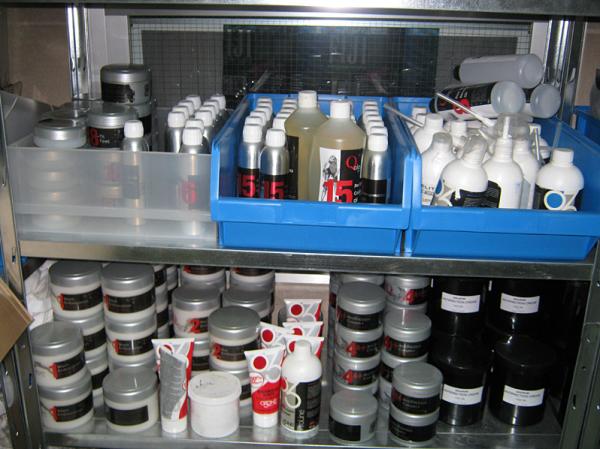
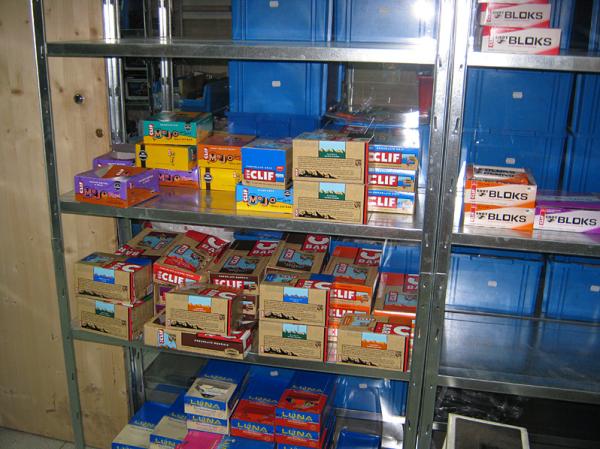
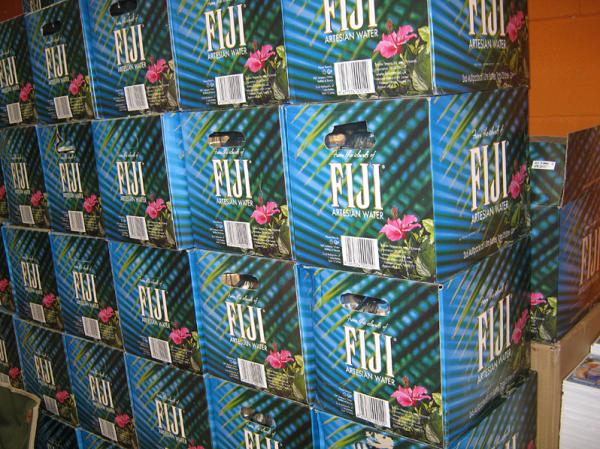
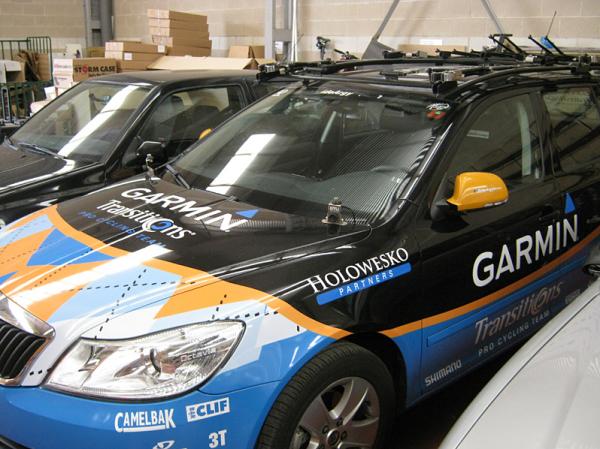
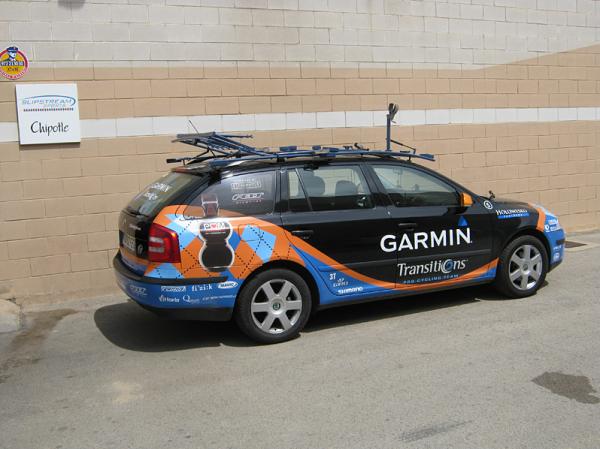
When Will Frischkorn first joined Jonathan Vaughter's humble TIAA-CREF team as a rider ahead of the 2005 season, he could scarcely have imagined the road that they would travel together. At the time, the team raced mainly in the United States, and its oft-repeated goal of competing clean at the sport's highest level seemed little more than a fanciful pipe dream to many outsiders. A peloton dominated by big hitters like US Postal and Liberty Seguros was surely no country for naïve men.
Yet where others scoffed, Vaughters' ambition struck a chord with Frischkorn, and he had no hesitation in signing up. "I signed because of what JV told me," Frischkorn explains. "The plan always was for it to develop into something like this."
Six years later and Frischkorn is now marketing manager for Garmin-Transitions, having retiring at the end of 2009. In the intervening period, he has completed a Tour de France and helped his team become one of the behemoths of international cycling, an outfit whose innovative interpretation of the sport has already had a marked impact on the peloton.
Nothing encapsulates this better than the team's service course in Girona, Spain. The anonymous-looking warehouse on the outskirts of town is more than just storage space for bikes and equipment, but the nerve centre of the team's racing and marketing structures.
When we visit a week ahead of the Vuelta a España, Frischkorn is on hand to show us around as mechanics prepare the team's bikes for the season's final grand tour. The sight of Christian Vande Velde's frame propped against the side of the truck is the first indication that the American is back in Europe and back in the saddle.
"Right now, eight of the nine riders for the Vuelta have been decided on," Frischkorn says, "That means the mechanics can get those bikes prepared." With the truck due to leave for Seville the Monday before the race starts, the final spot on the team had to be confirmed over the weekend.
Fortunately for Garmin-Transitions, a cross-country truck journey to Seville is a relatively short hop in the greater scheme of things. Races like the Tour of California, for instance, cause a greater logistical and financial headache for the team. "Even though we have another service course in Colorado, most of our equipment is obviously here in Europe," Frischkorn explains. "So for a race like California, we had to spend something like $20,000 FedExing equipment back and forth."
The latest race content, interviews, features, reviews and expert buying guides, direct to your inbox!
Another organisational difficulty for the team is dealing with multiple and simultaneous races. As the mechanics in Girona were filling the truck for the Vuelta, the team bus was in Plouay ahead of the GP Ouest France and two Garmin-Transitions squads were competing in the Italian one-day races and at the Eneco Tour.
Indeed, during the Vuelta itself, the team will have to send riders and equipment across the Atlantic for the two ProTour races in Canada, although Frischkorn acknowledges that its timing could hardly be better. "At the end of a season, a lot of our old equipment and bikes are passed on to the under 23 team so the bikes that go to Canada can be brought straight to Colorado."
Speaking of next season, in one corner of the warehouse is a stack of 2011 Felt frames, which will be used in some of the late season races and tested ahead of next year. One of the hallmarks of the Garmin-Transitions teams is its desire to play an active role in the development of the materials it uses.
"It's very important to use to have a good relationship with our suppliers," Frischkorn says. "Felt are great in that regard. For instance, they came up with a really light frame for us for this season, but we actually asked them to go back and make it a little heavier and they did that. Not all manufacturers are like that, and we really only want to work with suppliers who want to develop and who can use our feedback."
One of Frischkorn's many tasks as marketing manager is meeting with new and existing suppliers, and he is fulsome in his praise of the team's current partners. Indeed, after announcing his retirement from racing last September, injuries in the team saw Frischkorn back into service for the last races of the season in Italy, something he had to balance with his new role.
"I remember between Piedmont and Lombardy I had to fly out for a meeting with Mavic. Not the best race preparation," he laughs. The meeting bore fruit however, as Mavic came on board as wheel supplier and has since worked closely with Garmin-Transitions on developing new products.
Other smaller but no less important suppliers have stacks of their material carefully labelled and stored in the warehouse. For instance, upstairs is a special zone taken over by boxes of CamelBak bidons, and Frischkorn reckons the team goes through 20,000 bottles a season. Meanwhile, in a back room at the service course is a special fridge filled to bursting point with bottles of POM, suppliers of the team's post-race recovery drinks.
Most of the Garmin-Transitions roster lives in the Girona area, and in addition to fostering team spirit, it ensures that no rider ever has to bring his own bike to a race. "The guys have their training bikes, but the race bikes stay here and go directly to races. It saves time for the mechanics because they don't have to work on the bikes right before races, plus it means that the riders don't have to worry about anything when they travel, they just need to turn up," Frischkorn says.
Outside of the team bikes, an interesting aspect of the Garmin-Transitions headquarters is the fact that the team also keeps a stock of team issue bikes for use by VIP guests at races such as the Tour de France and another part of Frischkorn's role is entertaining these guests on the race. "It's exhausting but I love it," he says. "People are always so enthusiastic to be that close to a big race and it's infectious really."
Not only are guests given the chance to ride Garmin-Transitions equipment, the team also provides the public with the opportunity to own it. As well as selling team kit (a room at the warehouse serves as a stockroom for the team's nascent internet shop), any team bikes that aren't passed on to the under 23 set-up are sold off at the end of the season.
Out of this year's crop, one machine certainly catches the eye, a Felt time trial bike with a striking Union Jack paint job. Of course, David Millar isn't British time trial champion, but Bradley Wiggins. Frischkorn smiles as he explains: "The bike was built up last winter before Bradley left for Sky. It's a pity the way that worked out, but this would have been his TT bike for this season if he'd stayed with us. We've been trying to find a buyer, but..."
At the end of the season, Garmin-Transitions will move to a new service course at one of two new locations in Girona, after three years in its current location. "We still have to decide on where exactly, but we just need more space," Frischkorn says, and we are reminded of how far Jonathan Vaughters' team has travelled in such a short space of time.
Before the big move, however, take this opportunity to look at around the Garmin-Transitions service course and the team's pre-Vuelta preparations with our exclusive photo gallery.

Barry Ryan was Head of Features at Cyclingnews. He has covered professional cycling since 2010, reporting from the Tour de France, Giro d’Italia and events from Argentina to Japan. His writing has appeared in The Independent, Procycling and Cycling Plus. He is the author of The Ascent: Sean Kelly, Stephen Roche and the Rise of Irish Cycling’s Golden Generation, published by Gill Books.